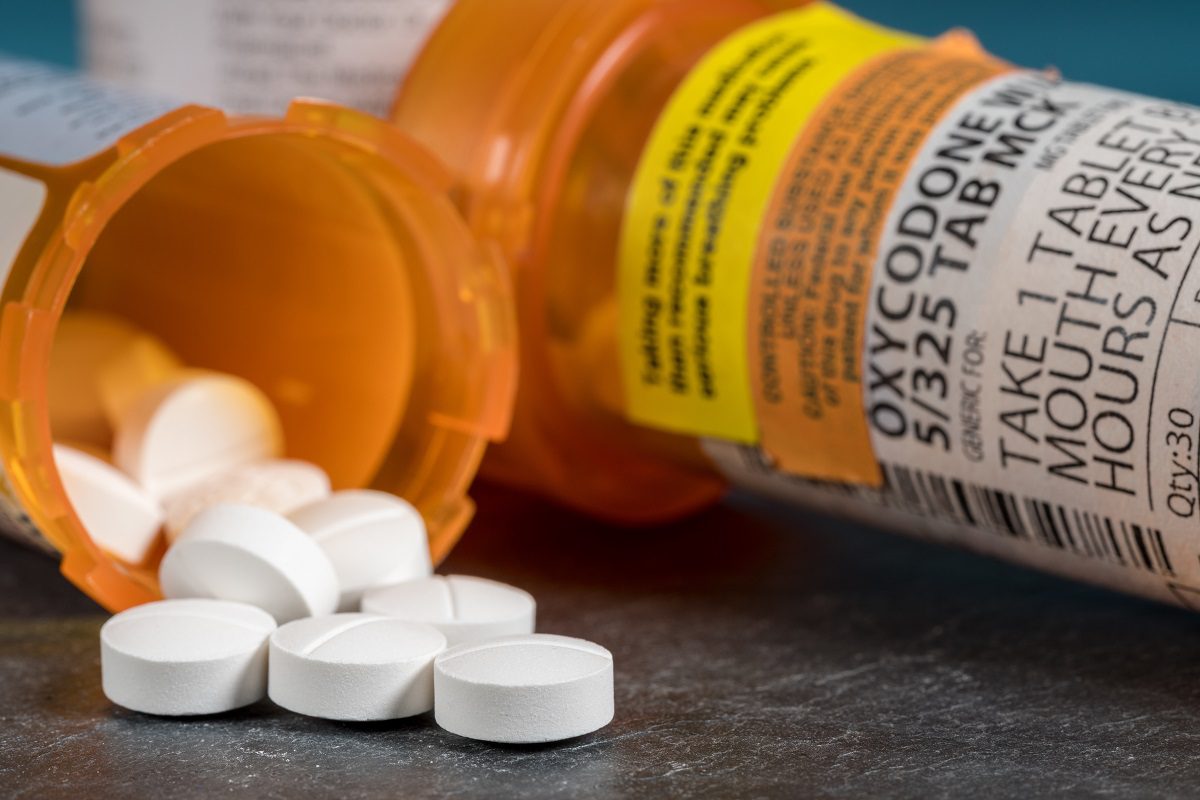7 Reasons To Seek Addiction Treatment
Substance use disorder, which is more colloquially known as drug addiction, is a serious mental...
toll free: 844.955.3042
local tel: 561.464.6505
fax: 561.450.6637
info@recointensive.com
RECO Intensive
140 NE 4th Avenue
Delray Beach, FL 33483
When you suffer from chronic pain, it can be difficult to perform daily activities and routines. From taking care of children and working to spending time doing things you enjoy, chronic pain can make it difficult and even impossible to do these things.
One way people address their chronic pain is with prescription drug treatment. There are all sorts of prescription drugs that help chronic pain. Some alleviate muscle spasms and cramping. Others relax muscles. Then there are other drugs that are specifically designed to alleviate pain.
Chronic pain can be caused by a variety of injuries, accidents, and medical conditions, including but not limited to:
Sometimes the pain cannot be tied to a specific type of medical condition. For instance, someone who had a traumatic experience may exhibit signs of chronic pain that are not tied to any specific medical condition.
Yet, if the root cause—the traumatic experience—can be treated so the person can address unresolved issues, then this may also help resolve their chronic pain issues.
Prescription painkillers do not necessarily get rid of the chronic condition. What they do is make the person feel numb so that they do not feel the pain and discomfort. This euphoric feeling is one reason prescription drug treatment can lead to prescription drug abuse and addiction.
It is important to remember, addiction is not something that occurs overnight. The person gradually becomes addicted to the pain medication the longer they take it. They also start to believe that they cannot function without taking pain medication.
For example, Mary has chronic back pain. It is painful for her to walk, sit, bend, and even lie in bed and try to sleep. Her pain management doctor starts her on a prescription drug treatment plan.
Mary starts taking the painkillers and notices the pain is significantly less. She is able to go back to work because she can sit for longer periods of time. She can take her dog to the park for some fresh air because it doesn’t hurt as much to walk. She even can get a decent night’s rest because her chronic back pain is no longer a problem.


Over time, Mary discovers that the regular dosage of her prescription painkillers is no longer helping keep the pain away. This is because her body has gradually built up a resistance to the medication, so it is not as effective as it once was.
This is why many pain management doctors will rotate people through different painkillers. By switching the drugs at regular intervals, it allows the painkillers to still do their jobs. A second reason doctors do this is to reduce the likelihood that their patients will become addicted to pain medication.
However, even with doctors’ best efforts, people still become addicted. Going back to Mary, let’s assume that instead of contacting her doctor and informing them that the medication was no longer as effective, she starts doubling her doses.
Doing so, she notices that the increase helps, and the pain goes away as it did before—but now that she is taking double the amount prescribed, she runs out of her prescription faster. Now she must try to get a refill.
At this point, her doctor may switch medications or adjust her dosage level and issue a refill. If the dosage is increased, then, eventually, Mary will discover that her new dosage is no longer sufficient at relieving her pain.
She will then need to take a higher amount of the drug to get the same effects. By this point, Mary is addicted to her prescription medication. Even if her doctor switches her medicine for a different one, there is a high probability that Mary will take a larger dosage without consulting her doctor if she notices the new medication is not providing the same relief as her current one.
If her doctor cuts her dosages to attempt to wean her off the drugs, Mary may look for other alternatives to deal with her pain on her own. She could turn to drinking alcohol or trying various illegal drugs like cocaine, heroin, or crack to use to address her chronic pain.
Either way, Mary is hooked and, unless she is ready to get help with her prescription drug abuse problem, she will continue to spiral out of control.
Recovering from prescription drug abuse and related addictions does require the person to be ready to want to seek help. Forcing someone to undergo a treatment program will not have lasting results. As soon as they are done with the program, there is a high probability that they will return to using drugs.
Once the person is ready to accept help, their withdrawal from the prescription drugs and related substances has to be carefully monitored. Quitting “cold turkey” is not an option, as it could have potentially life-threatening impacts. Rather, the person has to go through detox with supervised withdrawal.
Sometimes a gradual weaning process has to be used, where they are still given the pain medication in smaller and smaller doses until they can be fully taken off it. Again, this process must be monitored and supervised by the right healthcare providers.
The goal is to get the person off the drug while at the same time addressing their chronic pain. Prescription drug treatment addiction programs have to also be tailored and customized to the individual. What works for one person may not work for another.
Furthermore, the type of chronic pain and severity will vary from one person to another. Pain management techniques also have to be adjusted so that the person can be taught how to deal with their chronic pain without medication.


There are several effective options for people with chronic pain, without relying on prescription drug treatment. Some of the more common tools and methods used include:
Please keep in mind that these are some of the more common treatment options used for chronic pain without the use of prescription drugs. There can be others that may be effective for some people.
If you are concerned you may have a prescription drug addiction, the first step to talk to a qualified prescription drug treatment addiction center to see what options are available. Some people can undergo outpatient treatment programs, where they still go to work, live at home to take care of family, and so on.
Other people, when their addiction has become the focal point of their lives, typically need inpatient treatment programs to overcome their addictions. Regardless, the first step to recovery is seeking help.
For further information about prescription drug treatment for prescription drug abuse at our Florida rehab center, please feel free to contact RECO Intensive at 561-501-2439 today!